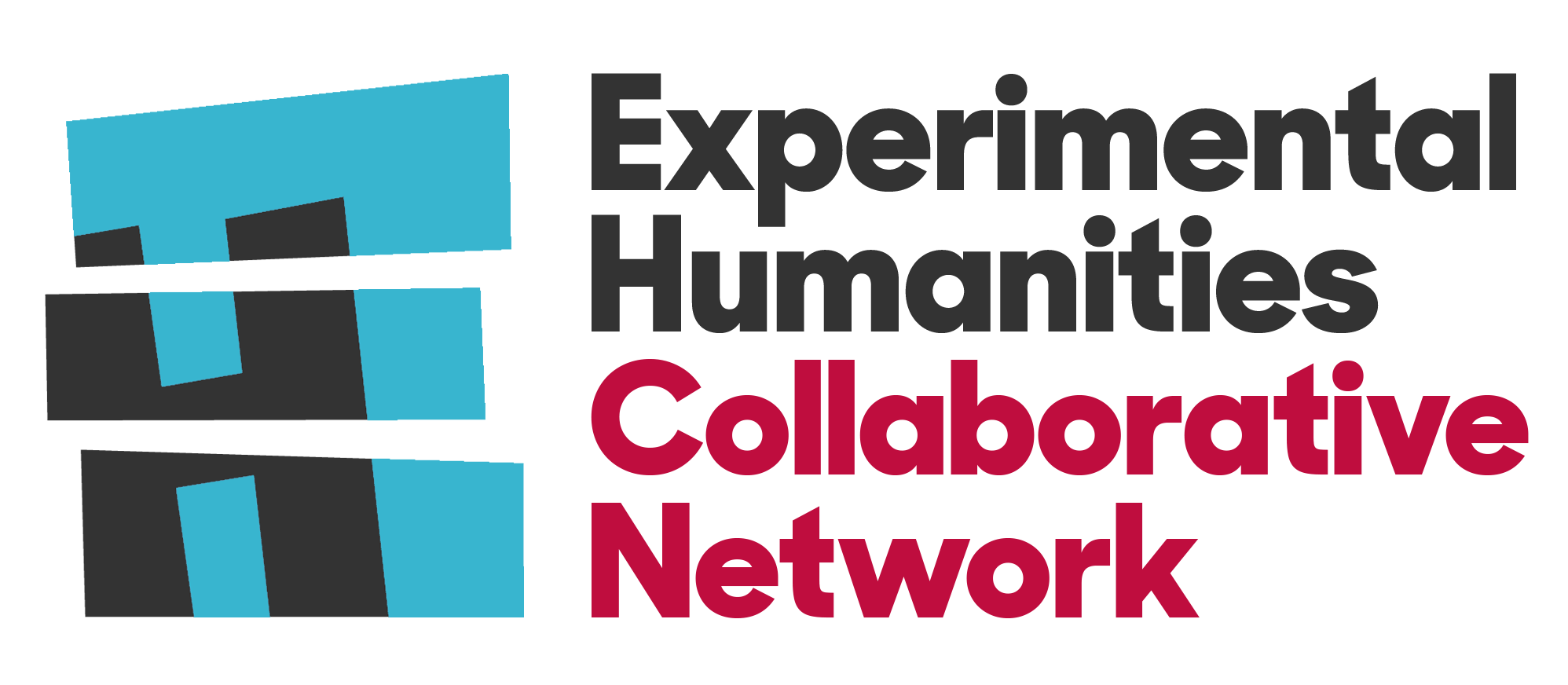Welcome to The Experimental Humanities Collaborative Network
Finding strength in Haitian history—and in our "Lakou"—against hegemony: Lang kreyòl la se baton Pèp Souvren devan Lagrandyab
Weis Cinema, Bard College, NY
Bio sketch: Michel DeGraff is Professor of linguistics at MIT, co-founder and co-director of the MIT-Haiti Initiative, founding member of Akademi Kreyòl Ayisyen and fellow of the Linguistic Society of America. His research contributes to an egalitarian approach to Creole languages and their speakers, as in his native Haiti. His writings also engage intellectual history and critical race theory, especially the links between power-knowledge hierarchies and the hegemonic (mis)representations and (mis-)uses of Creole languages, Indigenous languages and other non-colonial languages in the Global South and beyond. His work is anchored in a broader agenda for human rights and social justice, with Haiti as one spectacular case of a post colony where the national language spoken by all (Haitian Creole) is systematically disenfranchised while the (former) colonial language (French) spoken by few is enlisted for élite closure and for political, socio-economic and geo-political domination. This devalorization of Kreyòl and other non- colonial languages worldwide, especially in the Global South, is embedded in long entrenched patterns of systematic racism and white supremacy whereby language and education are enlisted as tools for neo-colonialism from within and from without. Michel DeGraff tackles these political challenges as he unveils age-old myths about Creole languages in linguistics and as he engages the MIT-Haiti Initiative in a broad campaign for democratizing access to quality education and for the universal respect of human rights. Through the strategic use of Open Education Resources in Haitian Creole (Kreyòl), Platfòm MIT-Ayiti effectively sets up a model for other communities to constructively counter the exclusion of their native languages in education and other spheres where knowledge and power are created and transmitted. More details at: http://mit.edu/degraff, http://facebook.com/mithaiti, http://twitter.com/mithaiti, http://instagram.com/mithaiti
In my talk for Vivien Sansour’s class at Bard College, I will use my New York Times Opinion essay (published in October 2022) as an entry point to analyze some of the long-lasting nefarious impact of colonialism in Haiti, especially in the realms of language, education, culture, human rights and nation building. The eventual objective is to enlist lessons from history in order to help usher better futures for those sufferers whom Fanon calls the “Wretched of the Earth” and whom Jean Casimir calls the “ Malere ”—better futures in Haiti and beyond.

